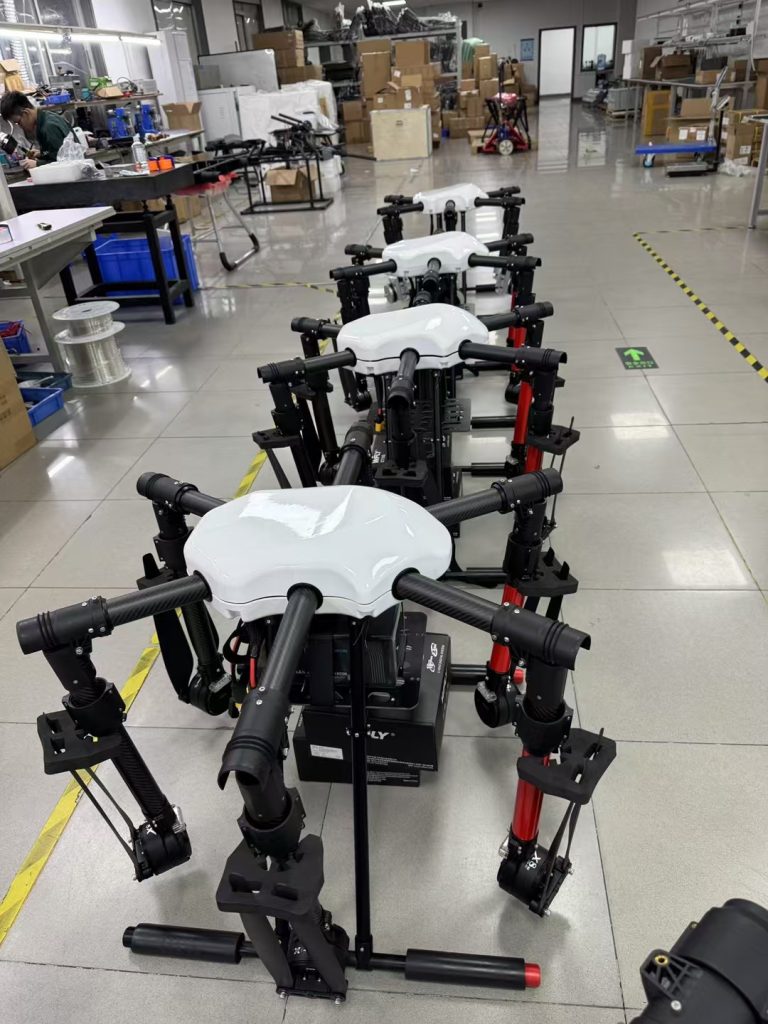
Greece’s agricultural sector is a vibrant tapestry woven from its rich history, diverse landscapes, and Mediterranean climate. From the olive groves of Crete to the wheat fields of Thessaly and the vineyards of Macedonia, Greek farmers produce high-value crops that are integral to both the national economy and global markets. Yet, this proud tradition faces modern challenges: an aging rural workforce, climate volatility, and the need to meet EU sustainability standards. In response, a new tool is taking flight—Chinese agricultural drones, offering Greek farmers a smart, efficient, and cost-effective way to sustain their heritage while embracing the future.
Greece’s Agricultural Challenges: Tradition Meets Modern Demands
Greek agriculture is characterized by its diversity and small-to-medium-sized farm structure, with many operations relying on family labor and traditional methods. While this adds cultural value, it also presents operational hurdles:
-
Labor Shortages: Like much of Europe, Greece has seen a decline in rural populations, with younger generations moving to urban areas. Seasonal tasks like spraying, monitoring, and harvesting often face delays due to a lack of available workers.
-
Climate Pressures: Greece’s hot, dry summers and unpredictable weather patterns make crop management more challenging. Water conservation and heat-resistant practices are essential, yet traditional methods can be inefficient in these conditions.
-
Sustainability Goals: As an EU member, Greece must adhere to strict regulations on pesticide use, soil health, and environmental protection. Farmers are under increasing pressure to reduce chemical inputs while maintaining yields.
In this context, Chinese agricultural drones are emerging as a practical solution, combining advanced technology with affordability and adaptability.
Why Chinese Drones? Precision, Durability, and Value for Greek Farms
Chinese agricultural UAVs have rapidly gained global recognition for their innovation and reliability. For Greek farmers, these drones offer a unique blend of features tailored to the Mediterranean environment:
1. Built for the Mediterranean Climate
Chinese drone manufacturers have developed models specifically designed to thrive in hot, dry, and windy conditions—making them ideal for Greece’s diverse microclimates. Key advantages include:
-
Heat and Dust Resistance: Drones engineered with robust cooling systems and sealed components to operate flawlessly in Greece’s summer heat and dusty field conditions.
-
Wind Stability: Advanced flight stabilization technology ensures consistent performance even in coastal or mountainous areas, where sudden gusts are common.
-
All-Day Operation: Long battery life and quick-charging capabilities allow for extended use during critical windows, such as early morning or late afternoon spraying to avoid heat stress on crops.
2. Affordable Efficiency for Greece’s Farm Structure
Greece’s agricultural landscape is dominated by small and medium-sized farms, often family-run and operating on limited budgets. Chinese drones provide scalable solutions:
-
High Productivity for Olive and Vineyards: Drones with precision sprayers and cameras are ideal for Greece’s iconic olive groves and vineyards, enabling targeted application of treatments to protect against pests and diseases while preserving soil health.
-
Cost-Effective for Cereal and Cotton Farms: In regions like Thessaly, where wheat, cotton, and corn are staple crops, drones offer a faster and cheaper alternative to traditional spraying, reducing labor costs and chemical waste.
-
Accessibility for Smallholders: Compact, easy-to-use models allow even small-scale farmers to adopt precision agriculture without significant investment, leveling the playing field for rural businesses.
3. Sustainability Aligned with EU and Greek Priorities
Greece’s agricultural policies emphasize environmental stewardship, from reducing water usage to minimizing chemical runoff. Chinese drones support these goals through:
-
Precision Targeting: Multispectral sensors and AI-driven analytics enable farmers to map crop health and apply inputs only where needed, reducing pesticide and fertilizer use by up to 30%.
-
Water Conservation: Efficient spray technology minimizes water consumption, a critical advantage in Greece’s drier regions, where irrigation is a major concern.
-
Eco-Friendly Operation: Electric-powered drones produce zero direct emissions, aligning with Greece’s push toward greener farming practices and reducing the carbon footprint of rural operations.
From Manufacturing Hubs to Greek Fields: Seamless Import and Local Support
Importing Chinese agricultural drones into Greece involves compliance with EU regulations, including CE marking, RED (Radio Equipment Directive) standards, and drone-specific safety certifications. Forward-thinking exporters collaborate with Greek importers to ensure a smooth process, offering:
-
Localized Training: Hands-on workshops for farmers, agronomists, and technicians, covering drone operation, data analysis, and maintenance, often in Greek or with local support.
-
After-Sales Service: Service centers in key agricultural regions, such as Thessaloniki, Crete, and Peloponnese, provide timely repairs, software updates, and technical assistance.
-
Tailored Solutions: Some suppliers offer customized drone packages for specific crops, including olives, grapes, and cotton, as well as integration with existing farm management tools.
Success Stories: Early Adoption and Measurable Impact
Greek farmers who have integrated Chinese agricultural drones into their operations report significant benefits:
-
In Crete, an olive oil producer reduced pesticide use by 25% while achieving more uniform coverage across hilly terrain. “The drones reach areas our tractors can’t, and we save hours of labor every week,” said the farm manager.
-
In Thessaly, a wheat and cotton farmer cut spraying time by 40%, allowing for faster response to pest outbreaks and reducing chemical waste. “It’s a game-changer for our operation,” he noted.
-
In Santorini, vineyard owners use drones for canopy monitoring and targeted spraying, protecting grapevines from mildew while preserving the island’s unique terroir. “We maintain our traditional methods but with modern precision,” said a local winemaker.
A Strategic Partnership for Greece’s Agricultural Future
The adoption of Chinese agricultural drones in Greece represents more than just a technological upgrade—it’s a partnership that bridges East-West innovation with Mediterranean farming wisdom. Greek farmers gain access to tools that enhance productivity, sustainability, and resilience, while Chinese manufacturers refine their technologies based on the feedback of one of Europe’s most diverse agricultural markets.
As one Greek agronomist observed, “These drones are helping us preserve our agricultural heritage while adapting to modern challenges. They’re efficient, affordable, and perfectly suited to our climate and crops.”
Looking ahead, the integration of Chinese agricultural drones into Greece’s farming ecosystem is poised to grow. With ongoing advancements in AI, automation, and sustainability, these UAVs will play an increasingly vital role in shaping the future of Mediterranean agriculture—one flight at a time.
For Greek farmers seeking to modernize their operations while honoring tradition, Chinese agricultural drones offer a smart, practical, and forward-thinking solution. The skies above Greece’s fields are no longer just a backdrop—they’re the next frontier for smarter, more sustainable farming.
THE END

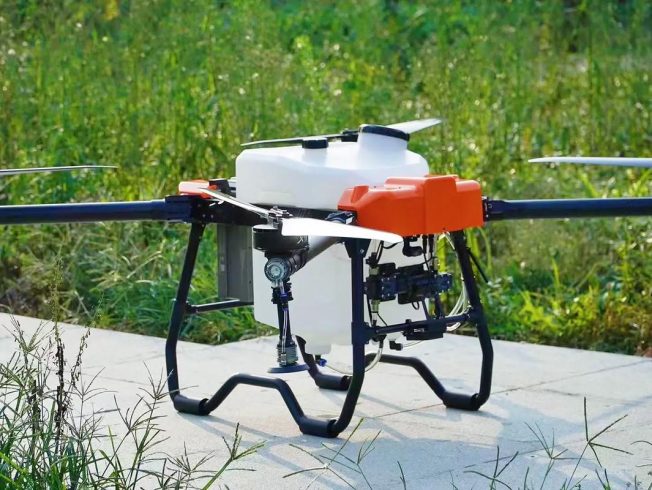
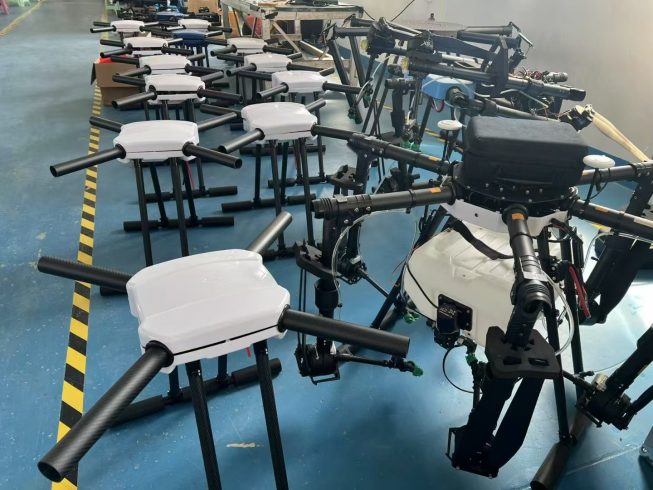
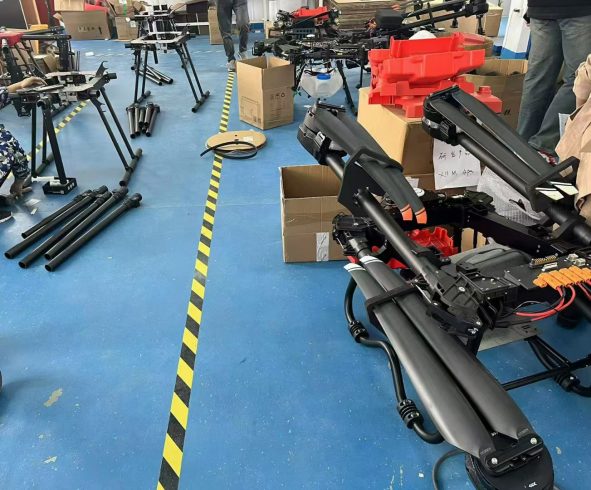
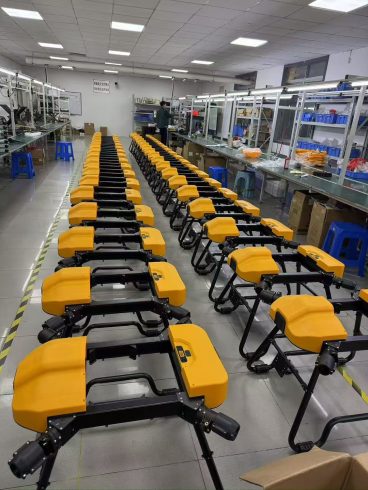

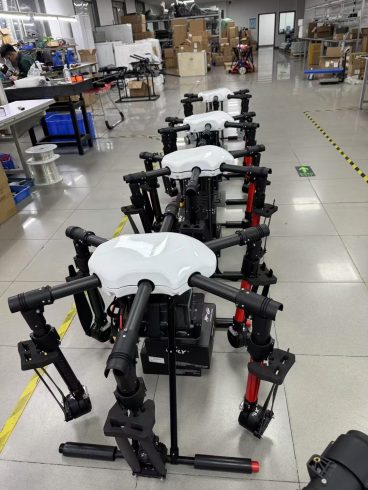
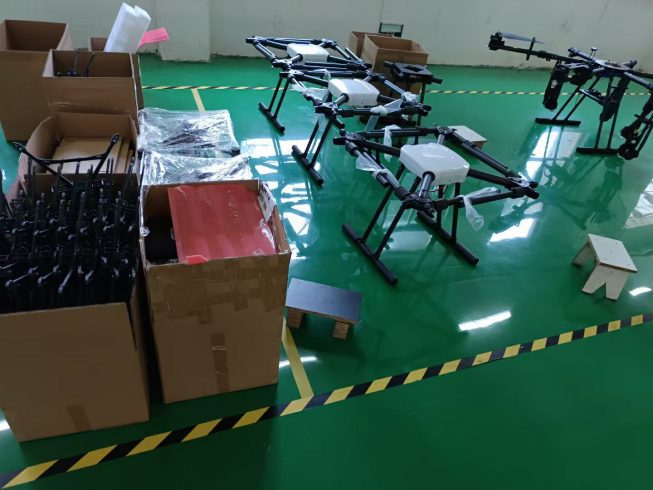
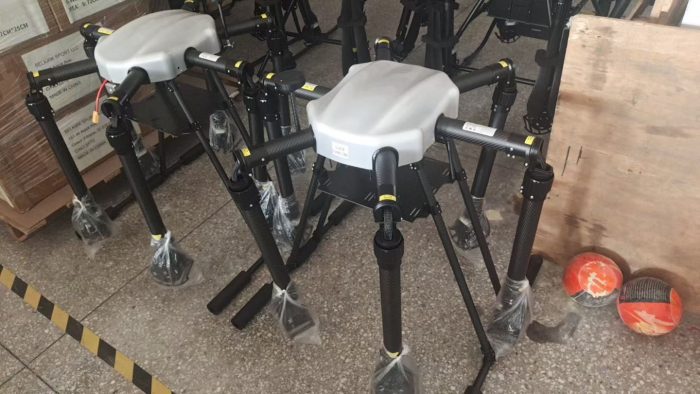
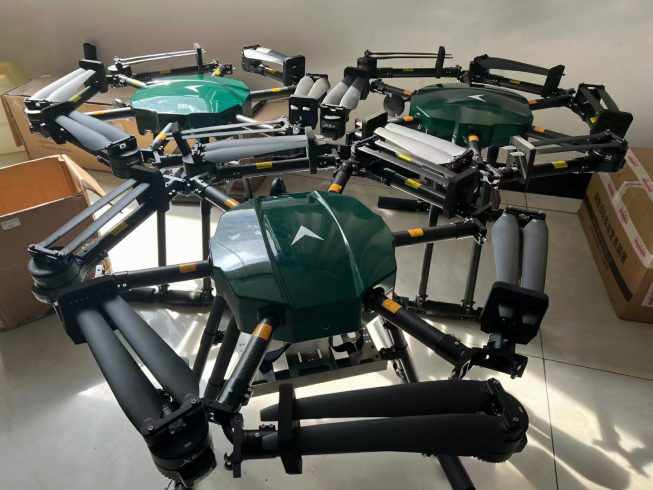
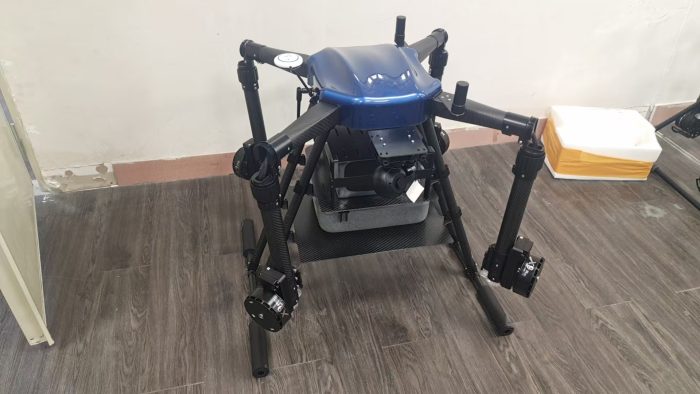

暂无评论内容